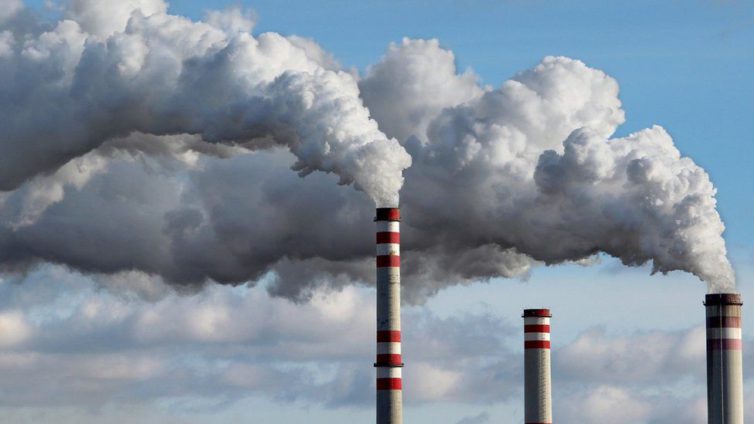Goldman Sachs has become the latest banking giant to cut its growth forecast for China, as the country struggles with energy shortages.
It now expects the world's second-largest economy to expand by 7.8% this year, down from its previous prediction of 8.2%.
The firm says major industrial output cuts caused by power outages add "significant downside pressures".
It estimates as much as 44% of China's industrial activity has been affected.
The power supply crunch, caused by environmental controls, supply constraints and soaring prices, has left some factories and homes without electricity.
The energy shortage at first affected manufacturers across the country, many of whom have had to curb or stop production in recent weeks.
A document seen by the BBC shows that the largest port in northern China at Tianjin has been affected by a shortage of electricity. Power rationing for cranes that lift cargo between ships and the shore is expected to continue until the end of the week.
The shortage has now spread to some homes, with residents in north-east China experiencing unannounced power cuts in the past few days.
People living in Liaoning, Jilin and Heilongjiang provinces have complained on social media about the lack of heating, and lifts and traffic lights not working. Provincial authorities have been scrambling to guarantee electricity and heating for residents.
China remains highly dependent on coal for electricity generation.
Japanese finance giant Nomura, Wall Street investment bank Morgan Stanley and China International Capital Corporation have also either downgraded their economic growth forecasts for China or warned of lower growth because of the power disruptions.
The Chinese economy is already grappling with the impact of tough new regulations of some of the country's biggest industries such as property developers and technology companies.
Evergrande concerns
Concerns over the fate of the heavily-indebted real estate giant Evergrande are also weighing on investor sentiment.
"Considerable uncertainty remains with respect to the fourth quarter, with both upside and downside risks relating principally to the government's approach to managing the Evergrande stresses, the strictness of environmental target enforcement and the degree of policy easing," Goldman said.
On Monday, without mentioning Evergrande by name, China's central bank promised to protect consumers exposed to the housing market.
The announcement by the People's Bank of China has been seen as a signal that authorities are ready to act to stop any fallout from the Evergrande crisis spreading to other parts of the economy.
Global markets have been rocked in recent days as investors fret about the company's ability to make interest repayments on its more than $300bn (£219bn) of debt.
Latest Stories
-
Di Maria to return to boyhood club despite previous threats
38 minutes -
Man Utd’s Amad makes obscene gesture after ‘personal abuse’
50 minutes -
Over 75% of people in 17 countries support cutting methane emissions – Global Survey finds
1 hour -
GES boss commissions Smart Classrooms at Opoku Ware SHS to boost digital learning
1 hour -
Judge blocks Trump’s effort to restrict foreign students at Harvard – for now
1 hour -
UN Peacekeeper Day: Championing partnership, shaping a peaceful future
2 hours -
Two rising visual storytellers win maiden TGMA’s Creators Challenge
2 hours -
Bright Simons: When the president’s brother sues you
2 hours -
FDA embarks on anti-tobacco campaign in Ho
2 hours -
Andrew and Tristan Tate will return to UK to face charges, lawyers say
2 hours -
Chinese students find themselves caught in the US-China crossfire – again
3 hours -
One person killed after fuel tanker collides with truck in Kintampo
3 hours -
Cedi’s strength isn’t enough, businesses want predictability, says John Awuah
3 hours -
Past cedi depreciation caused by people manipulating it for profit – John Awuah
3 hours -
SLTF begins nationwide sensitisation and registration drive under no-fees-stress policy
4 hours

